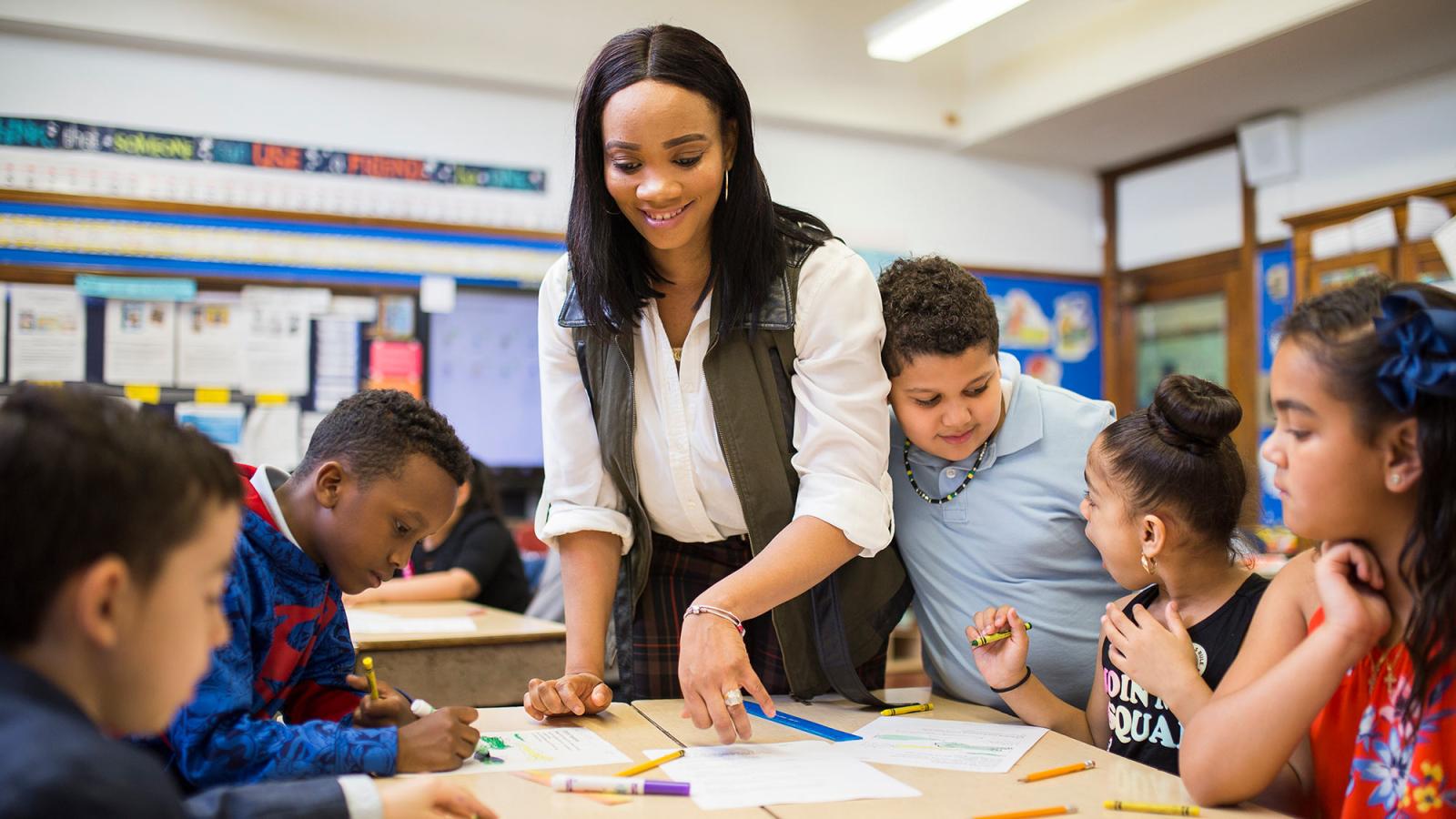At Pace University's School of Education, students are able to complete fieldwork hours embedded in their coursework. One model we've adopted for some of our literacy courses is to conduct class on-site in a school district where Pace students are able to tutor K-12 students once a week in a laboratory setting. Due to restrictions posed by COVID-19, students engaged in an online tutoring program during the 2020-21 school year. Twenty-four graduate students in the Fall 2020 and 21 students in Spring 2021 were each paired up with a third-grade student. In collaboration with colleagues from North Carolina State University, Pace graduate students were trained to use an evidence-based reading program called HELPS. Helping Early Literacy with Practice Strategies (HELPS; Begeny, 2009) is a program aimed to build the oral reading fluency skills of students not reading at grade level. For more details visit the HELPS Education Fund website.
The HELPS tutoring program integrated into the EDG 626 Literacy Methods course is a great opportunity for candidates to interact with a student. While articles, texts, and videos can provide a sound theoretical basis, there is no substitute for reading with a child. We get an opportunity to observe and interact with a student as reading skills develop over the semester and see what struggles they are working with. While I'm sure I would think the same in a normal year, the program is especially invaluable during the pandemic, when many candidates do not have as many opportunities to work with actual students. The HELPS program also provides candidates with an opportunity to practice a very important skill for new teachers, using a highly planned and regimented program or process in a manner that retains the human element of the student-teacher interaction.- Greg Hill-Ries, MST in Childhood and Childhood Special Education Program
HELPS Tutoring has been a great experience for me. I really enjoy working side by side with my student three times a week for about 30 minutes each session. Receiving training was significantly beneficial because I have learned so much from all the coaches. I really liked that they were all helpful and available when I needed guidance. HELPS tutoring has been very helpful to my student, I wish I was offered this kind of program when I first came to the U.S. I would love to continue with HELPS as it is beneficial to all students and teachers or future teachers (like me).- Marcela Rueda, MST in Childhood and Childhood Special Education
